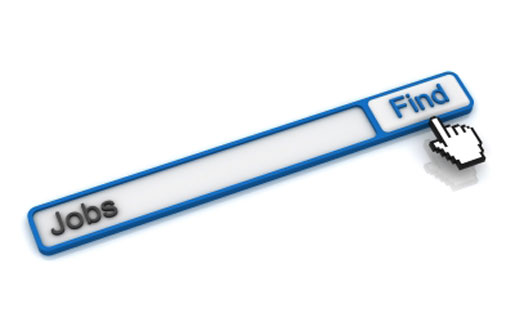Looking to Leave Medtech?
A minority of employees say they are disenchanted with medical devices and diagnostics. What's behind their dissatisfaction and what industries are they targeting for their next job?
September 21, 2016

Most medtech professionals say they are happy with their careers. But a minority of employees say they are disenchanted with medical devices and diagnostics. What's behind their dissatisfaction and what industries are they targeting for their next job?
The medtech industry has a lot of devotees. In response to MD+DI's 2016 Medtech Salary Survey, many medtech professionals told us that they love the industry for its job security, innovation, and its meaningful impact on patients.
But, as with any industry, not every person surveyed was head over heels for their job in medical devices and diagnostics. In our survey, we asked whether the professionals plan to keep working in the industry or are hoping to switch to another industry. The overwhelming majority, 93% said they plan to stay in the space, but the remaining 7% voiced interest in other areas.
What industries are drawing these professionals' attention away from medtech? A few of the respondents pointed to biotech and pharma as their top interest. A couple other people mentioned a potential switch to consumer products and wearables.
Hear experts discuss a case study of "An FDA-Approved Device: Was It Worth It?" at BIOMEDevice San Jose, December 7-8. |
A perception of too much regulation seems to be the main culprit behind these professionals' frustration with medtech. A number of respondents cited the red tape of regulation and paperwork as a problem for the industry. Here are their thoughts in their own words:
"The regulatory hurdles have become far too difficult to deal with."
"Tired of regulations (our products are PMA) and difficulty in making design/process improvements as they require a PMA supplement."
"Regulations are serious barriers to entry & new product development. I'd prefer to be in a less regulated field."
"I'm tired of all the regulations and all the paperwork."
"There are probably more interesting and stable industries for people at the top of their profession. Due to FDA regulations the investment requirements are high and products take a long time to reach the market."
It's not just the high level of regulation that is leading these employees to look elsewhere. There's also a feeling that a career in devices and diagnostics doesn't pay as well as some other high tech jobs--or perhaps doesn't pay enough to offset the higher regulatory requirements.
As one person put it, "[the] medical industry is more strict than other industries but does not necessarily pay more." Another professional wrote, "Managed care and poor reimbursement limits profitability and innovation. Relative to other high tech industries, little chance your stock options are going to be worth anything."
A few others noted that the startup environment can be tough for medtech companies. One respondent wrote that there's "not enough capital or exit opportunities to go around," while another noted a "scarcity of funding for start ups."
One professional said of medtech--"While still a noble profession, since the passage of the ACA and the associated cost pressures within healthcare, I would not recommend a health care career to a new college graduate."
Sobering advice? It depends on who you ask. These young innovators are not shying away from the challenge.
[Image courtesy of MASTER ISOLATED IMAGES/FREEDIGITALPHOTOS.NET]
About the Author(s)
You May Also Like


